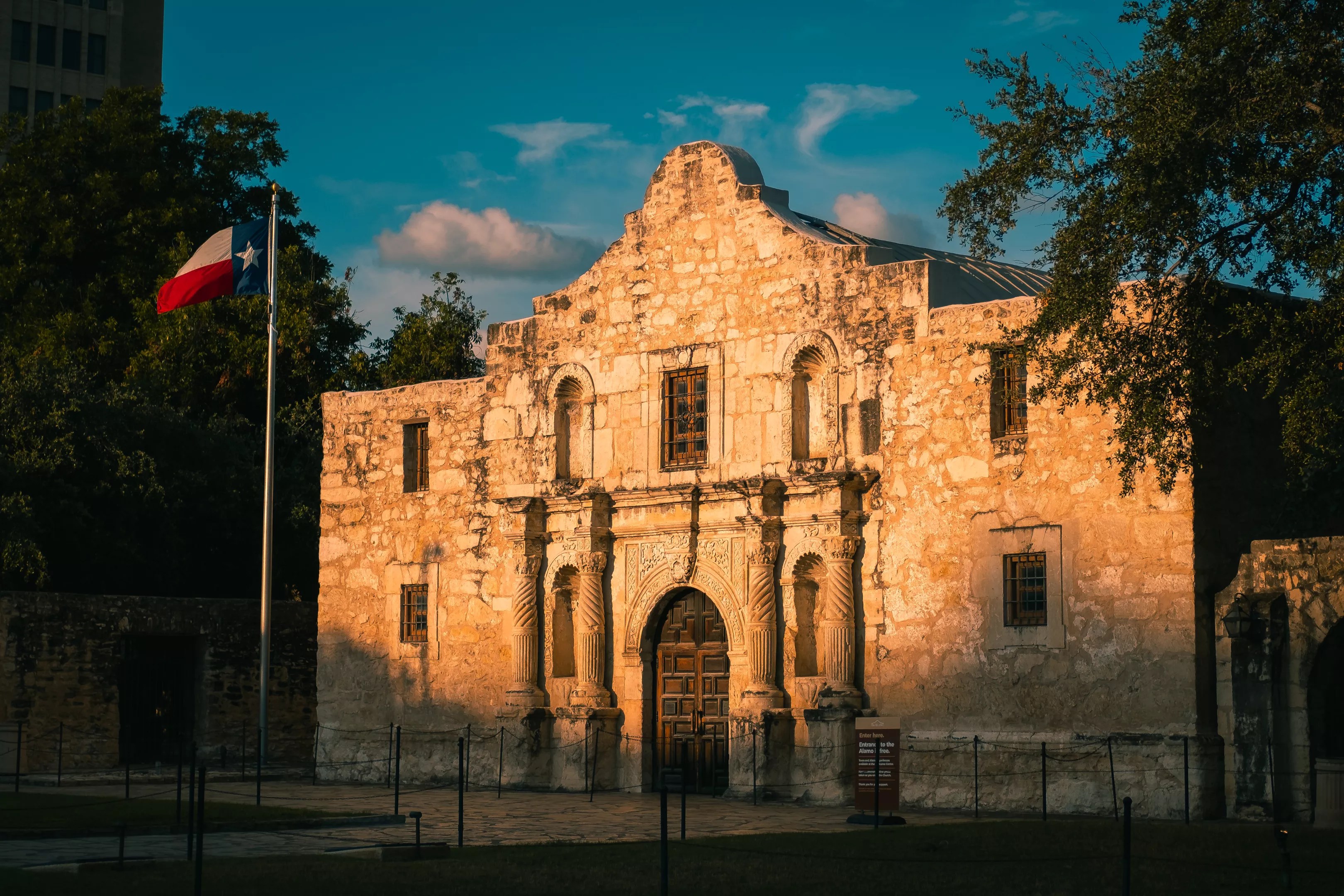
Adobe Stock

Audio By Carbonatix
Long has the joke been made that Texans are a bit obsessed with Texas, and never has that seemed as true as this month’s State Board of Education meetings, which were held to approve the new curriculum standards for history classes in elementary and middle schools across the Lone Star State.
The state started discussing the need for an updated social studies curriculum years ago, but in 2022, the board asked for some more time because the revision process had become overly politicized. Now, here we are debating the curriculum again in 2025. A year that has been famous for its rational thinking and apolitical climate.
But we digress.
Last Friday, the board adopted a new curriculum that prioritizes Texas and U.S. history while putting world history and cultural studies on the back burner. The Republican-dominated board approved the new approach, which has been favored by conservative groups such as the Austin-based think tank Texas Public Policy Foundation, 8-7.
The decision reversed a non-binding vote held earlier in the week, in which the board seemed to signal support for a plan favored by Democrats and a number of educators who testified. The now-approved plan is a chronological approach to history, starting with Texas’ early civilization in younger grades and moving into the modern day as students grow older. The second plan grouped historical events thematically for teaching, an approach more similar to the current instructional standards.
“There’s not one right answer. We’ve had seven options presented this week,” said Will Hickman, a Republican board member from Houston, before voting in favor of the chronological curriculum.
Texas Public Policy Foundation has been an outspoken advocate of the chronological approach, arguing that, by starting with early civilization in early grade levels, students can study the historical cause-and-effect relationship across grade levels. This approach also ensures that more “difficult content” (such as genocide, the teaching of which is “mandated by Legislature”) is taught in older age groups.
Congratulations to the @TXSBOE for making the motion 8-7 to reconsider adoption of Texas’ 1836 project 3-5-1 plan to teach History & Social Studies in grades 3rd – 8th in this exceptional novel manner attached ⬇ï¸.
Two years of Texas History, combined with early teaching of key… pic.twitter.com/NvtQh02QIp
— Team Bettencourt (@TeamBettencourt) September 12, 2025
Specifics of what topics will be taught when will be debated over the next year, but fans of the chronological curriculum have emphasized the need for lessons that reinforce students’ understanding of “Texas and American exceptionalism.” For totally unrelated reasons, we’ll add that Republicans initially pushed back the 2022 discussion on curriculum revision because they believed the proposed learning plan amounted to indoctrination.
The board plans to finalize a new set of Texas Essential Knowledge and Skills (TEKS-the grade-level specific standards for a given subject area) by June 2026.
Still, some supporters of the new plan are already sharing what general topics will likely be discussed across grade levels.
The Texas Public Policy Foundation published a graphic that outlines rough estimates of what topics would be taught at which grade level. They list fifth grade as the time to teach about Early America and Texas, while sixth grade instruction would focus on the Reconstruction period and “freedom growing around the world.” (We may have learned history under the old Texas curriculum, but we know enough to say something pretty significant happened between the British colonies and the Reconstruction period, Texas Public Policy Foundation!)
Eighth-grade social studies will be a “capstone year” solely focused on Texas history from start to modern day, to ensure no one forgets the Alamo, Davy Crockett, the “Come and Take It” flag – all that Lone Star jazz.
Republican State Sen. Paul Bettencourt shared a similar graphic outlining what general topics will be taught when. It makes no mention of slavery or the civil rights movement but estimates that 20% of seventh-grade social studies instructional time will be dedicated to “the perils of communism.”
The decision is the latest attempt by Republicans to exert control over what is taught in Texas classrooms. Already, legislation has banned the teaching of topics under the “critical race theory” umbrella, which educators say has affected their ability to discuss race and racism in the classroom.
Social studies is currently taught in fragments, with some grade levels focusing on Texas-specific events, while the next grade focuses on U.S. or world history. The thematic approach, which was initially approved on Wednesday before being discarded on the Friday vote, followed a similar, grade-level-specific timeline.
Texas history curriculum also currently includes topics such as geography, which educators testified will be deprioritized in the chronological approach.
“What makes geography truly special is, one, its cross-curricular nature, and two, its content knowledge is vital to thousands of jobs across various sectors in the state of Texas,” said Joann Zadrozny, senior research associate for the Grosvenor Center for Geographic Education, who testified against the chronological curriculum. “History is about the past, but geography is about preparing Texans for the future. By getting rid of grade six world cultures, it is foreseeable that future generations of Texas students will graduate without ever taking a standalone geography course.”